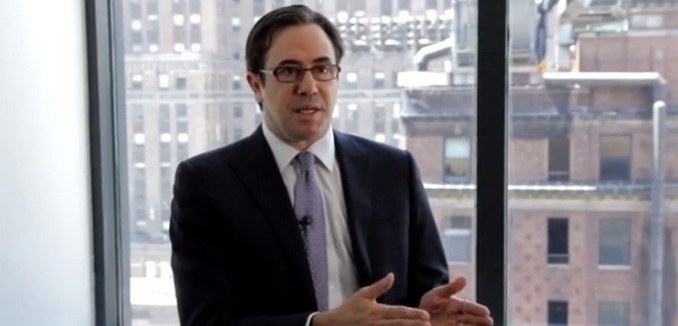A new index fund that tracks Israeli companies has been launched in the United States with the intent of leveraging companies that have a significant Israeli presence.
The criteria for inclusion in the new BlueStar Israel Global Index fund are by design meant to be broad:
To be included in the fund, a company can either be founded, domiciled or managed in Israel, or hold significant research and development facilities in the country. If Israeli companies such as Mellanox, for example, delist from the Tel Aviv Stock Exchange, they can still keep their place in the index.
BlueStar’s approach means companies like Perrigo Company and LivePerson Inc., which are not originally Israeli but are listed in Tel Aviv, can also be included. The same applies to VeriFone Holdings Inc., which delisted its shares from Tel Aviv several years ago but still has development activity in Israel as a result of the acquisition of Lipman.
BlueStar describes the investment environment in Israel as the “best of both worlds: the superior economic management of a developed market, but with emerging market growth characteristics.” Founder and CEO Steven Schoenfeld went further:
Israel has one of the most dynamic, innovative and resilient economies in the world: it’s home to some of the world’s largest healthcare and industrial companies, a well-capitalized financial sector; leading companies in high-tech, bio-tech, defense-tech, and agri-tech and the largest natural gas discovery in the past decade.
The description echoes comments made two months ago by billionaire investor Warren Buffett, who insisted that Israel is the “most promising investment hub” outside of the United States. A recent Asia-focused innovation summit focused on unique technologies and methods incubated in Israel, with an Indian official at the summit describing the Jewish state as “as good a place to do business as any place in the world.” Last week a delegation of American university presidents and chancellors toured Israel to investigate the opportunities for pursuing joint academic projects.
The development and deployment of the new BlueStar fund is likely to reinforce analysis, voiced by among others National Post Managing Editor for Comment Jonathan Kay, suggesting that activists who have sought to damage Israel by securing economic boycotts of the Jewish state have “accomplished less than nothing.”
Here Schoenfeld explains how the fund chooses which companies to include:




